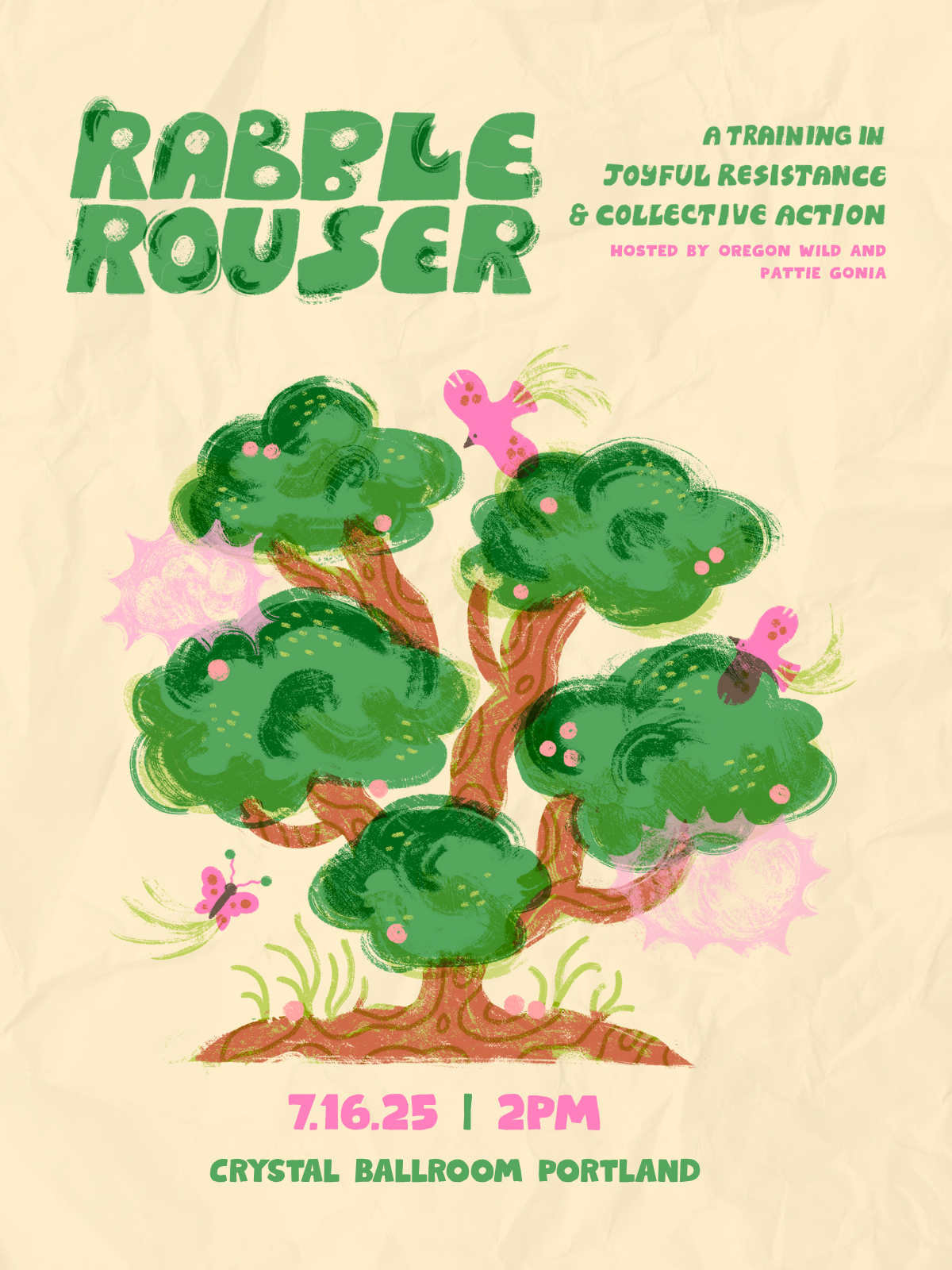State and local public hearings, legislative committee hearings, and certain commission meetings provide opportunities for people to engage with legislators, commissioners and other government officials. These hearings are often held during rule making (like logging rules), on pending legislation (like protecting pollinators), or for administrative decisions (like management plans)
Your testimony makes a difference: It is important that decision makers hear from people who care about wildlife and the environment, and they take note of the time and effort it takes for the public to show up. Verbal testimony has an emotional impact on elected officials. News reporters frequently cover hearings, so you have a chance to convey your message to a broader audience.
Use this guidance to develop and present effective testimony:
Preparing your testimony
- Think about what you want to say or ask in advance. Prepare two or three key points based on what you know about the bill, plan, or issue.
- Speak from your own experience
- You do not need to be an expert to testify.
- Talk about how the policy in question affects you and people like you.
- Use your own words and describe personal experiences during the testimony without being melodramatic.
- Formulated testimony is not as impressive and eloquent as speaking in your own words.
- Stick to the facts
- Offer clear and well-documented comments.
- If you have the time to back up your information with citations to reliable sources, you can help counter the perception that activists speak out on these issues based solely on emotion.
- By making your comments clear, specific and on-point, you help to assure that decision makers will be required to give your concerns serious consideration and, at the very least, prepare responses that speak directly to your issues.
Components of your testimony
- Identify yourself
- Begin by giving your name. Usually you must state the city you live in.
- It is best to testify as a private citizen, but if you are testifying for a special interest group, state the name of the organization or group, briefly describe the group’s mission, and state how many members it has.
- Clearly state your position
- Give a clear and concise description of your position on the issue or the bill.
- Give some thanks or acknowledge the committee’s efforts on the issue
- Even if you don’t agree with the legislator or committee on much, thank them for something they have done or said that you do agree with.
- Request action
- State exactly what you would like the committee or commission to do.
- Offer solutions
- Whether stating a specific or general approach to an issue, solutions or feasible alternatives are always well received.
- If you wish to convey amendments or revisions to legislation, provide your edited version of the bill.
Prepare your delivery
- For your verbal testimony, practice or role-play your testimony in front of a mirror or your family (FOR REAL!) so you are comfortable with your testimony and you stick within the time limits.
- Prepare a written version of your testimony to submit
- This ensures all your points are on the record if you get cut off.
- Include supporting materials or data.
- Bring enough copies for all members of the committee.
At the hearing/meeting
- Arrive early to ensure you get a chance to speak early in the proceedings
- You must usually be present to sign up to testify, but for contentious issues, there may be a long wait.
- Dress appropriately: A good impression can only help your message, not detract from it
- Always be respectful and courteous to the decision makers, the audience, and other people providing testimony.
- Listen to other testimony.
- Try not to repeat what a previous speaker has presented.
- If someone covers one of your points, that is an opportunity to focus on one of your other points.
- This is why speaking from your own experience is so effective, because your experience is likely to be somewhat different.
- Make notes on what your opponents say at the hearing.
Presenting your testimony
- Address the Chair, and then the members of the Committee or Commission. (for example: “Chair Finley and Members of the Commission, my name is…”)
- Present the testimony you prepared and practiced, but try not to READ your statement
- The committee or council will listen to and appreciate your testimony more if you tell it from the heart and not from a script.
- Your oral testimony does not have to be exactly the same as your written testimony.
- You are more likely to be listened to if you don’t have your head buried in a page.
- Make eye contact!
- Stay within the time limit.
- Time your testimony so that it will fit within the time limits.
- If you have a lot more to say, include it in your written testimony or ask someone else in your group to work it into his or her testimony.
- In case time runs out on you before you have a chance to finish your remarks, be sure to have a point that you can skip to in summation – the point you want to leave them with.
- Thank the committee.
- Close your presentation by thanking the committee or council. Offer to answer any questions.
- Be sure to answer questions honestly. If you do not know the answer, say so and, if possible, defer the question to another witness who may have the information.
- Submit your testimony in written format.
- Be sure to submit your testimony in written format or any other information supporting your message to the committee or council.
- Bring enough copies to distribute to all members of the Commission, Council, or Committee, key staff, and the media.
- Putting your points “in the record” can be critical if you eventually need to appeal to a higher authority to overturn an unfavorable decision.
- If you want data or a report to be part of the record, you should submit a copy with your testimony.



